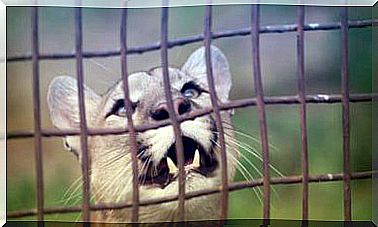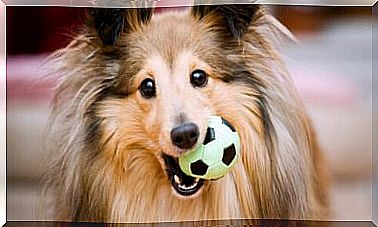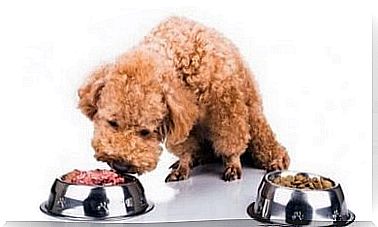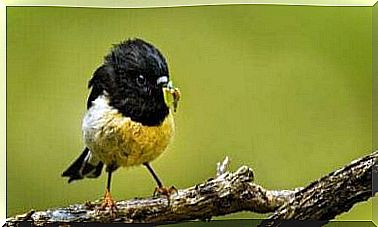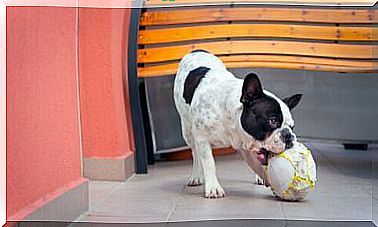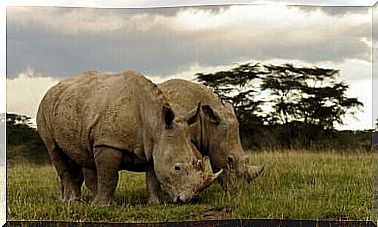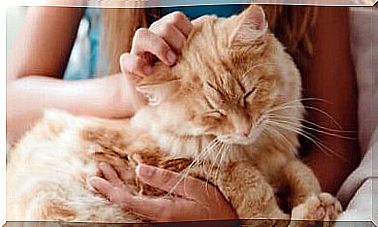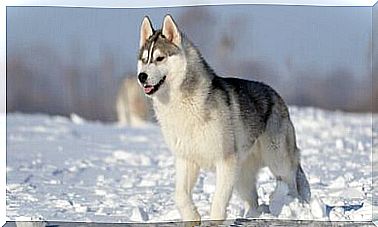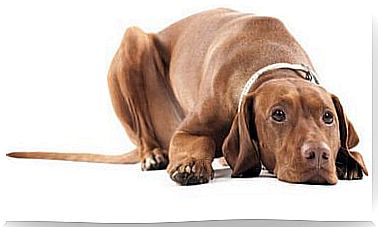Colic In Horses: How To Prevent And Detect Them Early
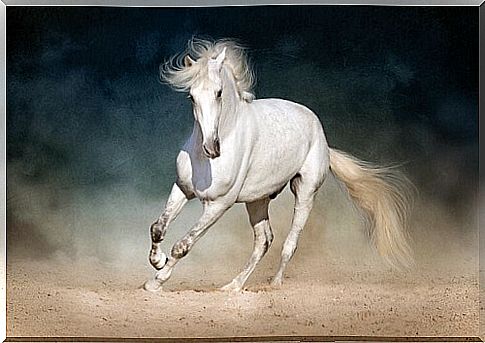
Colic in horses is a frequent ailment that can even lead to death, especially if they are not identified and treated promptly. For this reason it is of fundamental importance to subject the horse to the necessary care so that it does not suffer from it or, at least, to learn to recognize the first symptoms.
It is worth pointing out that colic disorder can affect horses even if they have been given all possible attention. It is a very sensitive species to many variables, and with an anatomy and a physiology that does not help them to recover. For this, in the face of the first suspicion of the disease, it is recommended to consult a specialist.
Basics of colic in horses
Colic is referred to as severe pain in the abdomen caused by spasms and contractions in the muscles surrounding the body organ. Although this does not always happen in the digestive system (such as renal colic), in the case of horses we almost always speak of intestinal colic, therefore of the stomach and intestines.
Anyone who has to deal with horses knows perfectly well the serious consequences that these pathologies bring with them. Seeing your horse suffer or see it die, without knowing the cause, is often traumatic.
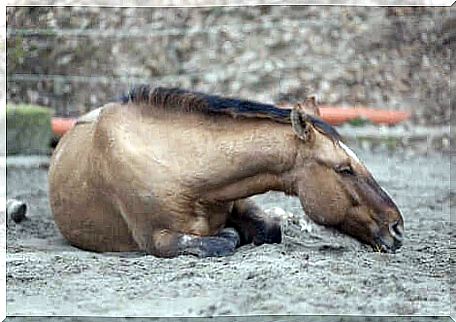
Are horses predisposed to colic?
The answer is yes. There are various reasons that confirm the predisposition to colic in horses, such as:
- Anatomy. Horses have relatively small stomachs, with very rapid gastric emptying. This implies that during the day, the foods that reach the intestine can have insufficient degrees of digestion.
- Errors in nutrition. In particular related to the quality and quantity of the rations. Horses are also sensitive to any abrupt changes in diet.
- Bad management. Too much training or drinking cold water, for example.
- Presence of other previous pathologies. Especially stomach or intestinal disorders.
- Defects of chewing. The ideal is that this is done slowly and carefully, in a healthy oral cavity and with the teeth in perfect condition.
But the most important point is that horses cannot vomit as the structure of their digestive system prevents them. They cannot therefore soothe the ailments evacuating the contents of the stomach. As a compensatory mechanism, the stomach begins to dilate and sometimes break, causing peritonitis.
How to spot them in time
First, it is important to observe the animal for a few minutes if it appears strange; we pay particular attention to his general state, how he behaves and his attitude. During a colic the horse will be restless, will move constantly and will tend to dig on the ground.
He may change positions frequently and direct distressed glances to his hips. He may lie on the ground cautiously or abruptly, turning over on himself.
Some unmistakable signs are the following:
- The increase in the volume of the abdomen.
- The presence of uneaten food in its manger.
- Change in the consistency of stool, or total absence of defecation and urination.
- Sweating with no apparent cause.
If a solution is not thought of in time, a serious electrolyte imbalance could occur which, if not treated immediately, will cause irreversible shock and death of the horse.
What to do if colic is suspected
It is a serious pathology that implies an emergency situation for the animal, so the timely intervention of a specialist will be essential to prevent unpleasant complications.
The veterinarian will determine, following clinical analyzes, the necessary medical or surgical treatment. The fundamental key to avoiding the death of the animal is rapid diagnosis.
How to prevent colic in horses?
As with any other disease, the key is to prevent the causes that predispose the symptoms to trigger.
As we have seen in the previous paragraphs, the causes in the horse are many and varied. It may be necessary, for example, to fix his teeth or to subject him to periodic treatments against gastrointestinal parasites. It will also be necessary to keep an eye on his diet, bearing in mind that equines are particularly sensitive to dietary imbalances.
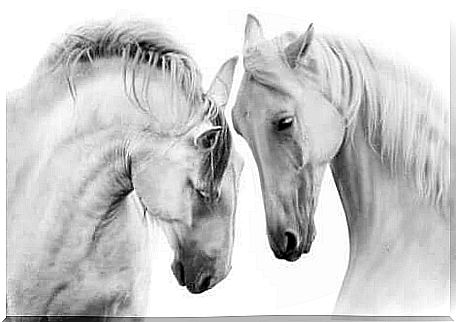
What is the prognosis for colic in horses?
The prognosis depends on several factors, among which we highlight:
- The cause: is it known? is it very serious? has it been resolved?
- The rapidity of identification of the first symptoms.
- Timely treatment of colic as prescribed by the veterinarian.
- The positive response to treatment (a factor that unfortunately cannot be controlled).
- The recovery of the animal’s gastrointestinal physiology.
- Possible complications : damage to blood circulation, shock, visceral pathologies …
Despite all the care and attention of owners and veterinarians, colic continues to be the leading cause of mortality in horses.
